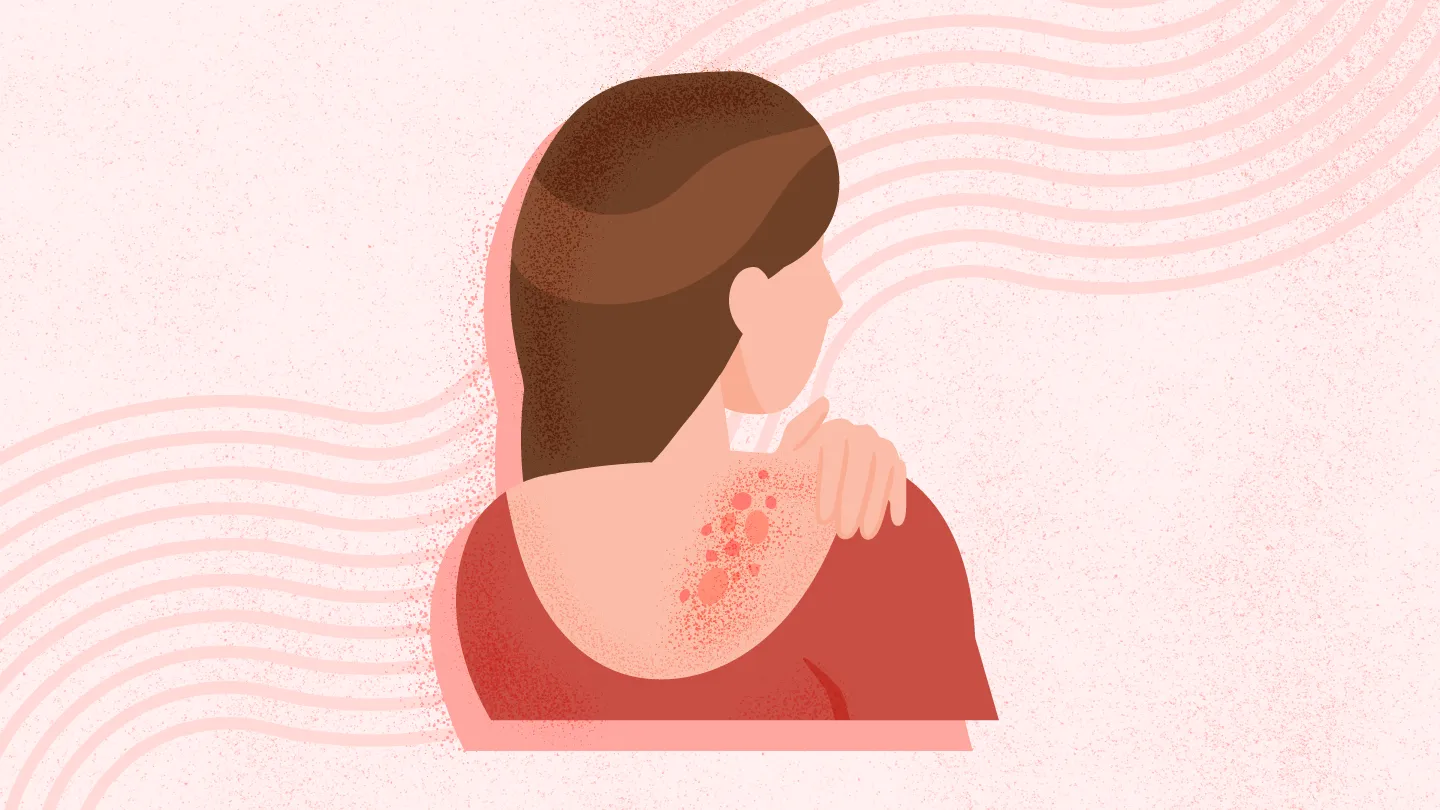How you treat hives depends on how many you’ve had and how long they’ve been active.
Medication
Medications for hives include antihistamines, steroids, epinephrine, and monoclonal antibodies.
Over-the-Counter Antihistamines
- diphenhydramine (Benadryl)
- loratadine (Claritin)
- fexofenadine (Allegra)
- cetirizine (Zyrtec)
- levocetirizine (Xyzal)
Antihistamines are the first medications that doctors recommend in treating hives, and prescription antihistamines are available if you’ve already tried over-the-counter (OTC) options. You can take these as pills or apply them directly to your skin. Your doctor may even recommend taking daily antihistamines if you have severe hives.
If you have one patch of hives that goes away within 24 hours and no associated breathing issues, you probably don’t need medical attention. Instead, you might take an OTC nonsedating antihistamine to ward off a second hive outbreak, Friedman says. “It’s more about prevention or active treatment,” he says.
Epinephrine
If you notice hives and breathing difficulties, head to the emergency room or seek other urgent care. Medical professionals will most likely inject you with epinephrine. This drug opens the airways in your lungs.
People who experience recurring or severe attacks may need to carry a device that resembles a pen called an epinephrine auto-injector. This allows you to inject epinephrine at home during emergencies. If you have a severe allergy, you may need to carry one at all times.
Corticosteroids
Monoclonal Antibodies
These injectable prescription medications can help reduce the immune overactivity that causes allergy symptoms and soothe itching over time when other medications have not been effective.
They aren’t for sudden attacks of allergy symptoms, and it may take several months of giving yourself shots either monthly or every two weeks before you notice improvement. There are two monoclonal antibody drugs approved to treat chronic hives:
- dupilumab (Dupixent)
- omalizumab (Xolair)
Researchers are studying other monoclonal antibody drugs for treating hives.
Off-Label and Emerging Medications
Off-label drugs are those that the U.S. Food and Drug Administration (FDA) has approved for treating conditions other than hives. However, doctors may prescribe them if chronic hives don’t respond to approved treatments.
These medications are sometimes used off-label to treat hives:
- cyclosporine (Neoral, Sandimmune)
- methotrexate (Rheumatrex, Trexall)
- azathioprine (Imuran)
- mycophenolate mofetil (CellCept)
- dapsone
- hydroxychloroquine (Plaquenil)
- TNFα inhibitors (Enbrel, Humira)
Elmariah is enthusiastic about progress toward new treatments that reduce the sensitivity of mast cells to various triggers, preventing the release of histamine in the first place. “Other medications, including a pill option known as remibrutinib, are far along in development, have demonstrated tremendous benefit for patients with hives, and may get FDA approval soon,” she says.
Phototherapy
Phototherapy, or light therapy, involves exposing the skin to a controlled dose of ultraviolet light. A doctor may recommend it for treating hives that don’t respond to antihistamines.
A dermatologist’s office or phototherapy clinic can administer phototherapy several times weekly for several months. You may also take one or more antihistamines during a course of phototherapy.
Managing Hives in Children
Fortunately, home treatment with OTC medication can treat most hives in kids, and hives in children may respond better to antihistamines than in adults, per a study published in 2023. These medications include the following:
- cetirizine, either in liquid or tablet form
- diphenhydramine liquid, capsules, or tablets, although these can cause drowsiness
- fexofenadine tablets
- loratadine tablets
Read the full article here




